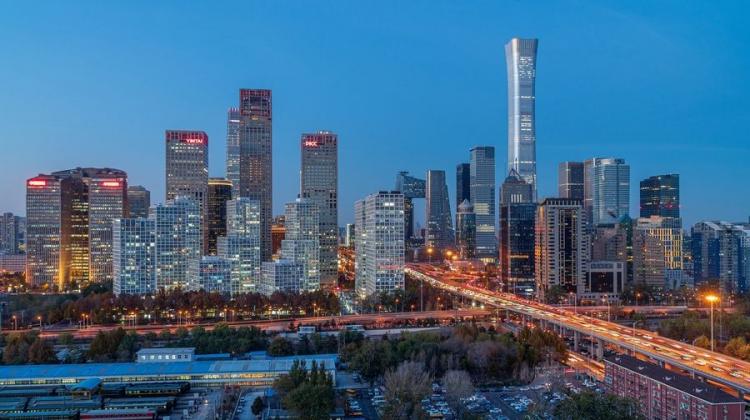Asia Real Estate Initiative

To appreciate the explosive urbanization taking place in Asia, consider this analogy: Every 40 days, a city the equivalent size of Boston is built in Asia. Of the $24.7 trillion real estate investment opportunities predicted by 2030 in emerging cities, $17.8 trillion (72 percent) will be in Asia. While this growth is exciting to the real estate industry, it brings with it the attendant social and environmental issues.
To promote a sustainable and innovative approach to this growth, leadership at the MIT Center for Real Estate (MIT CRE) recently established the Asia Real Estate Initiative (AREI), which aims to become a platform for industry leaders, entrepreneurs, and the academic community to find solutions to the practical concerns of real estate development across these countries.
“Behind the creation of this initiative is the understanding that Asia is a living lab for the study of future global urban development,” says Hashim Sarkis, dean of the MIT School of Architecture and Planning.
An investment in cities of the future
One of the areas in AREI’s scope of focus is connecting sustainability and technology in real estate.
“We believe the real estate sector should work cooperatively with the energy, science, and technology sectors to solve the climate challenges,” says Richard Lester, the Institute’s associate provost for international activities. “AREI will engage academics and industry leaders, nongovernment organizations, and civic leaders globally and in Asia, to advance sharing knowledge and research.”
In its effort to understand how trends and new technologies will impact the future of real estate, AREI has received initial support from a prominent alumnus of MIT CRE who wishes to remain anonymous. The gift will support a cohort of researchers working on innovative technologies applicable to advancing real estate sustainability goals, with a special focus on the global and Asia markets. The call for applications is already under way, with AREI seeking to collaborate with scholars who have backgrounds in economics, finance, urban planning, technology, engineering, and other disciplines.
“The research on real estate sustainability and technology could transform this industry and help invent global real estate of the future,” says Professor Siqi Zheng, faculty director of MIT CRE and AREI faculty chair. “The pairing of real estate and technology often leads to innovative and differential real estate development strategies such as buildings that are green, smart, and healthy.”
The initiative arrives at a key time to make a significant impact and cement a leadership role in real estate development across Asia. MIT CRE is positioned to help the industry increase its efficiency and social responsibility, with nearly 40 years of pioneering research in the field. Zheng, an established scholar with expertise on urban growth in fast-urbanizing regions, is the former president of the Asia Real Estate Society and sits on the Board of American Real Estate and Urban Economics Association. Her research has been supported by international institutions including the World Bank, the Asian Development Bank, and the Lincoln Institute of Land Policy.
“The researchers in AREI are now working on three interrelated themes: the future of real estate and live-work-play dynamics; connecting sustainability and technology in real estate; and innovations in real estate finance and business,” says Zheng.
The first theme has already yielded a book — “Toward Urban Economic Vibrancy: Patterns and Practices in Asia’s New Cities” — recently published by SA+P Press.
Engaging thought leaders and global stakeholders
AREI also plans to collaborate with counterparts in Asia to contribute to research, education, and industry dialogue to meet the challenges of sustainable city-making across the continent and identify areas for innovation. Traditionally, real estate has been a very local business with a lengthy value chain, according to Zhengzhen Tan, director of AREI. Most developers focused their career on one particular product type in one particular regional market. AREI is working to change that dynamic.
“We want to create a cross-border dialogue within Asia and among Asia, North America, and European leaders to exchange knowledge and practices,” says Tan. “The real estate industry’s learning costs are very high compared to other sectors. Collective learning will reduce the cost of failure and have a significant impact on these global issues.”
The 2021 United Nations Climate Change Conference in Glasgow shed additional light on environmental commitments being made by governments in Asia. With real estate representing 40 percent of global greenhouse gas emissions, the Asian real estate market is undergoing an urgent transformation to deliver on this commitment.
“One of the most pressing calls is to get to net-zero emissions for real estate development and operation,” says Tan. “Real estate investors and developers are making short- and long-term choices that are locking in environmental footprints for the ‘decisive decade.’ We hope to inspire developers and investors to think differently and get out of their comfort zone.”


